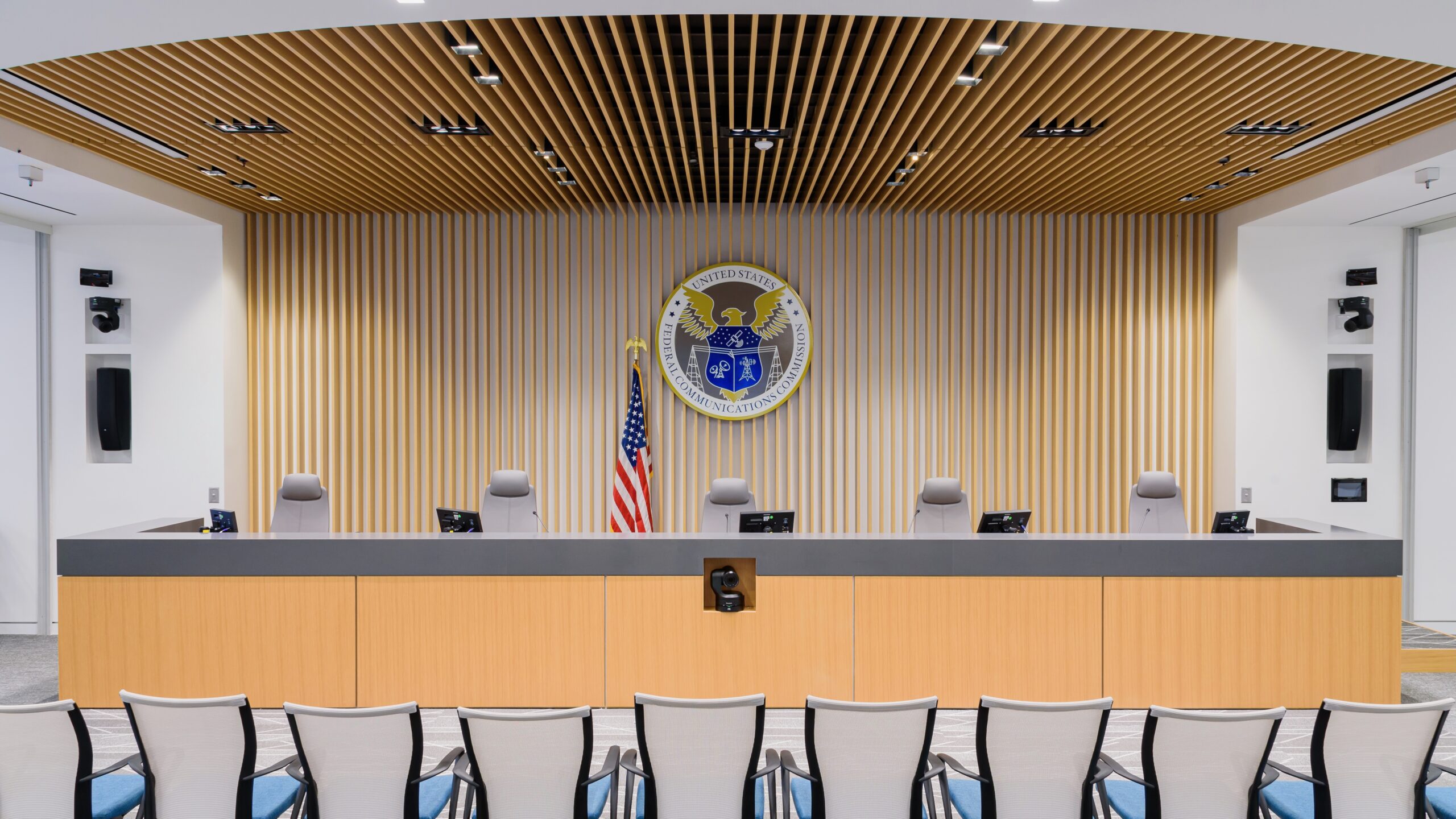Citing threat to low-power FMs, advocacy group asks FCC to rein in AM translators
The Prometheus Radio Project is asking the FCC to reconsider a January ruling that would allow AM stations to install FM translators closer to existing low-power FM stations than previously permitted.
In a petition to reconsider filed with the FCC, Prometheus, which advocates for LPFMs — low-wattage FM stations operated by nonprofits — alleged that the decision will unfairly impede the ability of LPFMs to move their operations in the future.
“Countless incumbent LPFM stations that are outside the core service area of AM stations will now be severely limited when seeking to relocate within their communities of service because new and relocated FM translators will inevitably box in or short-space them,” the petition says.
The FCC’s January ruling, part of an initiative to help struggling AM stations reach more listeners, gave AM stations additional leeway to use FM translators — small stations that rebroadcast the AM station’s signal on FM frequencies — throughout their service areas.
Under previous FCC regulations, AM stations were supposed to limit placement of the FM translator stations to within 25 miles of their station or within their daily broadcast area, whichever was larger, and were barred from using translators that were more than 40 miles away from the AM station.
But the FCC eliminated the 40-mile cap in January. That will allow the largest commercial AM stations to place FM translators far from their core service areas, Prometheus says.
“At least 1,644 large AM stations stand to benefit from removal of the limit, subjecting most of the land area of the US to extra demand for translators, which compete with LPFMs for space on the FM dial and can box them in,” Prometheus said in a news release.
In the release, Prometheus said that LPFMs, like many other radio stations, need to relocate for a variety of reasons and that FCC regulations currently allow them to move within 3.5 miles of their current locations.
“When an LPFM is located between two nearby translators in different directions, or ‘short spaced,’ the LPFM is boxed in between two lines it cannot cross, which can remove the vast majority of its relocation area,” Prometheus said in the release “As a result, LPFMs may be forced to move away from their audiences when they inevitably relocate, or may be unable to move and lose their transmission site.”
Prometheus also pointed out that the 2011 Local Community Radio Act said LPFM stations and FM translators should “remain equal in status.”
“The ‘boxing-in’ problem is one of several LCRA equality issues that the FCC must address especially with increasing demand for and possible increased supply of FM translators,” Prometheus said.






